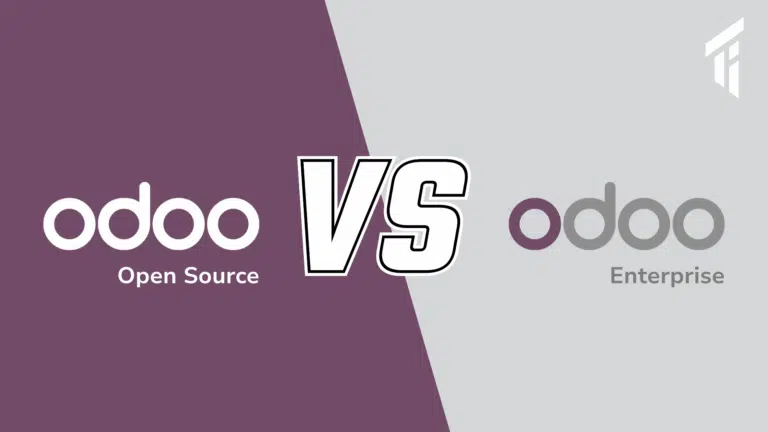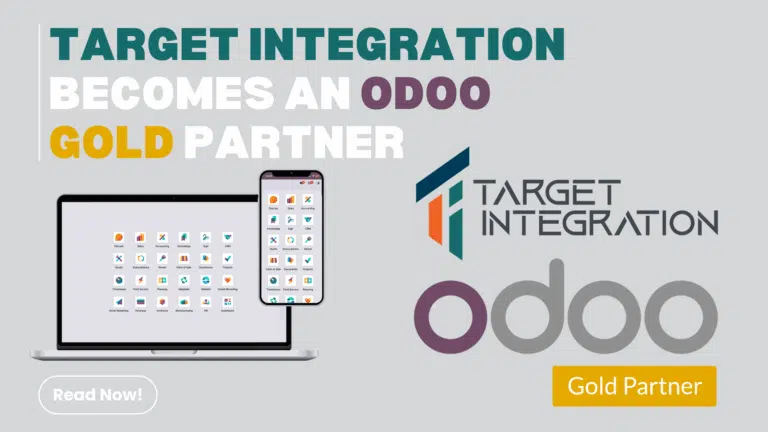Nowadays, a wide array of accounting software has blurred the distinction between ERP and Accounting Software. It is important to understand and compare products from the same category rather than from different categories. If you are unaware of the differences then you might be comparing apples with oranges rather than apples with apples.
In order to completely understand the distinction between the two let’s have a look at their respective functionality and comprehend how did we end up binding both the terms together.
Accounting Software
Traditionally, accounting software has been used to, as the name suggests to manage a company’s accounts, or how money moves. Predictably, accounting software deals with the financial aspect of operations by recording business transactions: AR/AP, journal entries, and general ledger utilized to produce basic financial reports like income statements and balance sheets. Accounting software provides a good snapshot of a company’s financial health today but lacks the ability to anticipate tomorrow.
ERP Software
ERP software is a grand image of accounting software in other words accounting software is just a module of an ERP software. ERP stands for Enterprise Resource Planning which is capable of tracking your tangible and intangible assets, order fulfillment, invoicing, inventory management, production management, job costing, reporting, eCommerce, Human Capital Management, Customer Relationship Management, and more! Basically, it packs up the whole of your organization into a single suite and equips you with all the information you need to know about your business activities.
Very distinct differences exist between the two.
- Think of an ERP solution as a collection of legos with pieces that can be fit together when needed or left out when unnecessary. The accounting module is just a piece from a collection of legos. Accounting Software is far away from the extent of a modern ERP’s functionality. Take Odoo ERP for example, it encompasses finance, sales and project management in a single tool, and enriches them with a variety of Manufacturing Resource Planning, Point of Sale, and e-commerce functions to deliver a universal solution that can help all businesses manage all types of operations. Furthermore, the system goes a step ahead by integrating every sales channel you can think of, which combined with its powerful inventory management, makes for the best business management solution to be found in the market these days. But Accounting software is just accounting software after all.
- Accounting software starts the journey of a business process from a Purchase Invoice or Sales Invoice while ERP system can mostly look after a Contact even before they become a customer (Lead Management). The rich activity timeline in an ERP’s CRM module lets you see and access the most up-to-date contact information. You can even see which marketing campaign generated the lead, read the relevant insights you can act on, and write and track emails.
- Accounting Software generally has limited or basic tracking of inventory through the addition of desktop and web-based add-ons. While an ERP sets you free from the shackles of accounting software and enables you to increase your inventory accuracy and customer service levels and, at the same time, reduce you’re stock carrying costs, labour costs, and inventory write-offs. The Inventory Management module of an ERP helps you make faster, more accurate decisions, which is critical in today’s complex global inventory environments.
- Accounting Software doesn’t have Manufacturing Management either but ERPs have Manufacturing Management as well. This includes Bill of Materials (BOMs), Production Planning etc. The factory floor is the centre of your supply chain where customer demands, production resources and supply shipments meet and sometimes clash. Orders change, supply deliveries are missed and machines break, making matters even worse. Businesses need production management software that can effectively and efficiently manage the multitude of factors that affect corporate performance. Indeed even this accounting software fails to provide.
- Accounting Software also doesn’t have Sales Management and Order Processing while ERPs have that as core as well. These are essential elements to build a healthy organization. Sales order management involves much more than taking an order and shipping it. Today’s requirements include sophisticated order management, inventory allocation, kitting, and promotional pricing. The Sales Order Management system allows you to address these issues, but accounting software again falls short on this front.
Conclusion
It is worth noting that some of the Accounting software can offer this functionality by using third-party modules but that’s not what makes them an ERP system. If you want an ERP system then don’t settle on an ERP lookalike. Talk to us today about your best solution.



